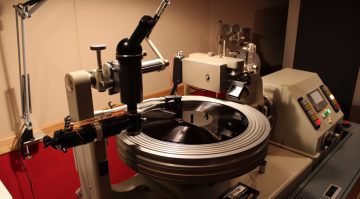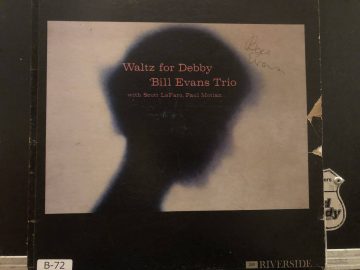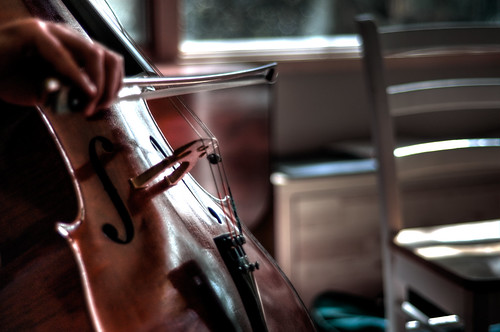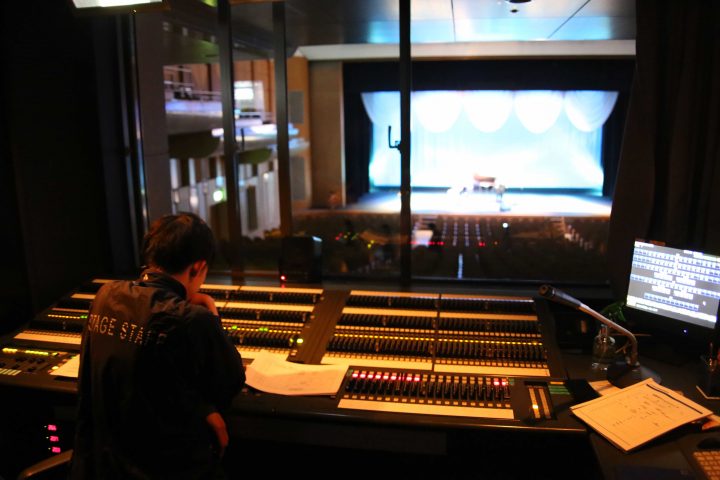Kanagawa Musical Summit (Part 1)
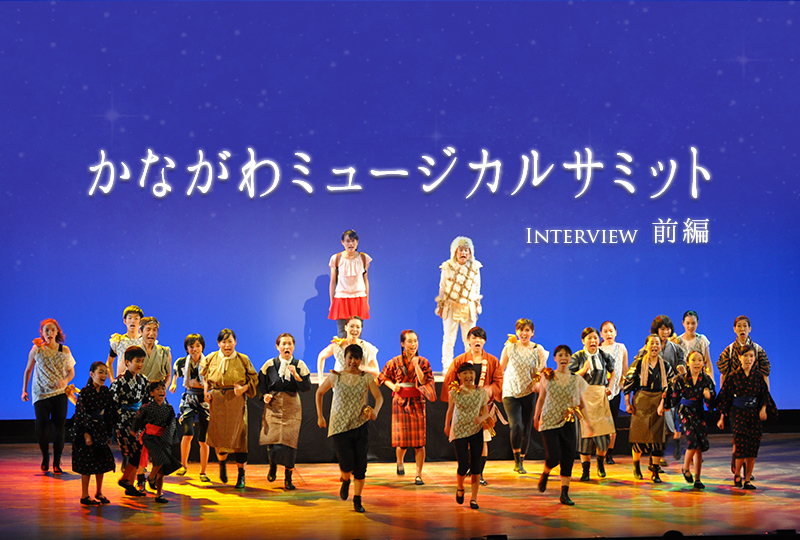
Yokosuka Citizens Musical Makers Association (SUKAMU)

−− I looked at your website. It seems like a project with a long history.
Yamazaki-san: Yes, that's right. It was launched in 2001, so it's been 15 years. It started when artists who were originally from Yokosuka started trying to create an original musical for Yokosuka. We dig up stories about Yokosuka's history, legends, buildings, etc. that even locals don't know, so people in the city can learn what kind of town Yokosuka was and what kind of history it has, and people outside the city can use it to promote the city.
We also don't have any qualifications for participation. As long as you're an elementary school student or older, there's no upper age limit. So, (calling out to a gray-haired member in the dressing room) we have an 84-year-old member this year. Dancing may be difficult, but as long as you have passion, you can get on stage, sing, and participate in any way you like. Since people of a really wide range of ages perform, it's a form of intergenerational exchange, with young children learning a lot from adults and older people receiving energy from children, and we also aim to expand both horizontal (regional) and vertical (generational) connections.
−− Please tell us about the joy of making a community musical.
Yamazaki-san: Musicals involve singing, dancing, and acting, so it can be quite a challenge for people who have never done it before to jump in, but we tell them it's okay even if they have no experience. All of our teachers are professionals and will teach them in a way that suits them.
That being said, we are careful not to turn it into a school play. We do not want young children to be in front and have everyone speak the lines equally, but rather we value quality above all else, so in that sense we are strict, and we aim to give them a glimpse into the essence of stage production, and to create something that will lead to the future, not just memories. Some children from SUKAMU have gone on to become professionals, so we want to open up that possibility for young children, and for the older generation to continue doing it as a way of life. I think there is something fun about that.
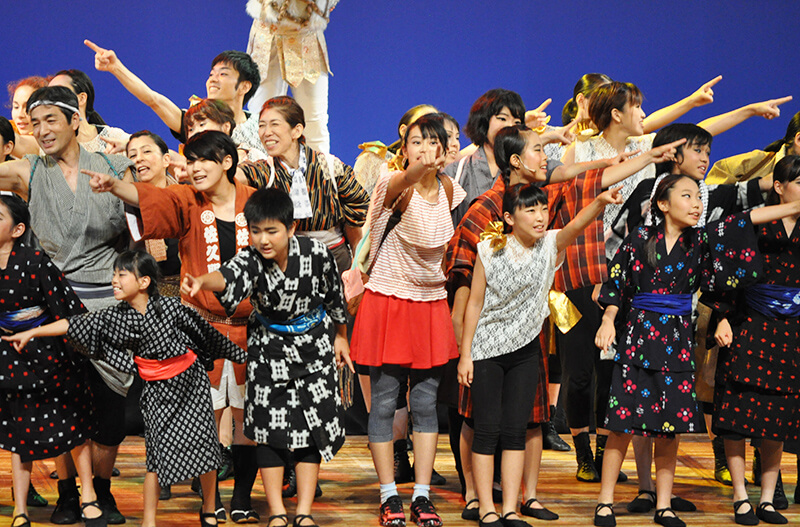
−− Thank you. What kind of performance will you be presenting this time?
Yamazaki-san: This time, we are doing a stage play called "Nami and Charu," which is SUKAmu's only series work. There is a story about a girl named Nami who lives in Yokosuka, and a story called "The Legend of the White Monkey" that is passed down on Sarushima Island. The story is like a time slip fantasy in which the white monkey's son, Charu, visits Yokosuka in the past.
The setting for this film is the end of the Edo period, at the Yokosuka Ironworks, which later became a shipyard and was the first French-style dock in Japan. Last year marked the 150th anniversary of the Yokosuka Ironworks, and it has been getting a lot of attention. In an era of wealth and military strength, heading towards war, the people of Yokosuka Village are caught up in the struggle to survive, but they live strong lives, and Nami and Charu, who see this, think about and discover what is important to them.
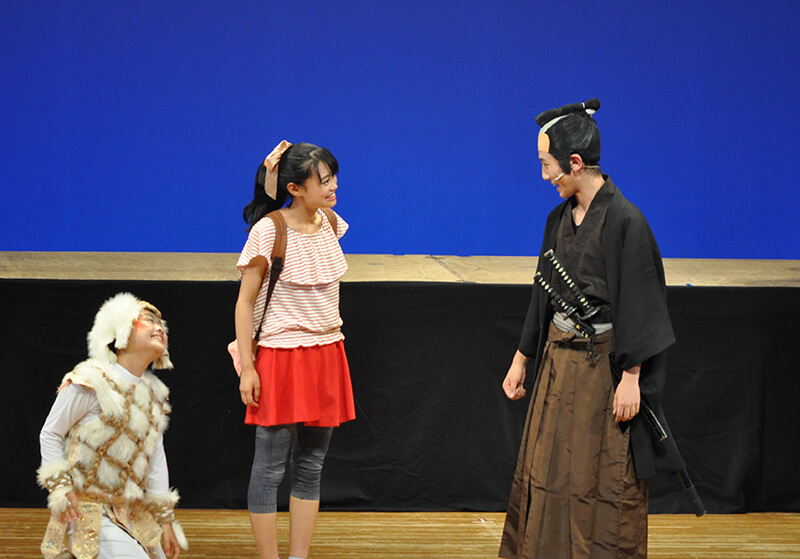
−− I hope that this Musical Summit will help to promote community musicals. Do you have any message for us?
Yamazaki-san: I want as many people as possible to experience the joy of being on stage and in the spotlight at least once. This may sound like an exaggeration, but it should really turn into the strength to live. Let's work together to make the community musical a success.
With their main performance scheduled for the following week, SUKAMU performed a wonderful show as the opening act of the Musical Summit. This was their first performance in three years, but I don't think the audience felt that. As Yamazaki-san said, the story based on the historical facts of Yokosuka was interesting and captivating, even though it was only a short 30-minute performance.
Pokapoka Theatre Company
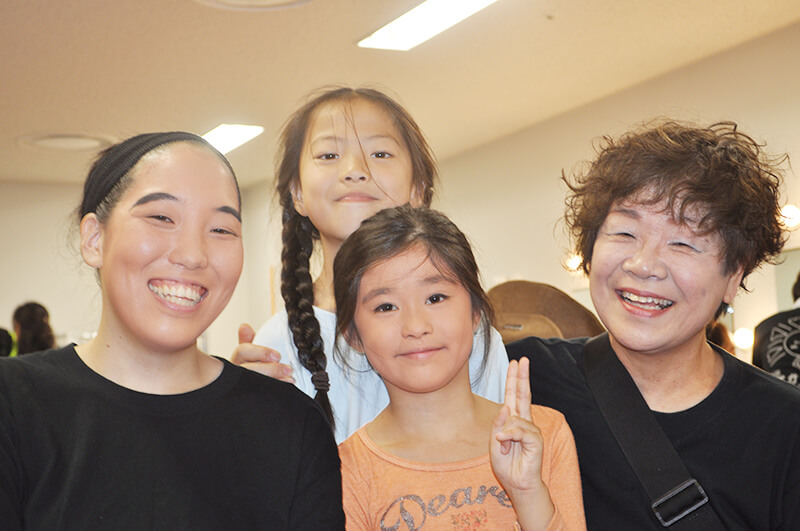
−− Please tell us about the origins of your theater company.
Kogure-san: It all started 20 years ago when four or five fellow nursery teachers were having tea and talking about how it would be nice to do some cultural activities for parents and children. There were a few puppet shows, but not many plays, so we talked about how it would be nice to get everyone involved and create something.
Manabu Inoue (Secretary General of the Kanagawa Prefectural Drama Federation) wrote the script, and the first performance at Kamigomori no Ie was sold out, and two years later, it was also full when we moved to Sakae Public Hall. There are few opportunities for parents and children to experience cultural activities such as concerts, so we felt a strong demand for people to be able to see plays up close. So we were encouraged and before we knew it, we had come all the way to our 20th anniversary performance in June this year.
It takes six months to prepare for the annual performance. We make the costumes, write the music, make the props, and the script is original. Because of copyrights and royalties, it costs money to use existing materials. I think that doing everything by hand was a good thing in the end.
– How do you feel about your relationship with the local community?
Kogure: I think it's really important that we have a fixed base and a rehearsal space. The Yokohama Sakae Ward Social Welfare Council provides us with a rehearsal space, and they also invite people with disabilities to their performances, so we appreciate their generosity. We also use the Sakae Public Hall every year, and this year's performance seems to have filled all 2,009 seats. It must be even more if we include children on their laps. We can only attract so many people because we always use the same rehearsal space and the same theater, which is a great help to us.
In fact, we don't call ourselves a "children's theater group" at all. However, the reason we look like a children's theater group is because "parents and children" participate together. Some parents perform on stage, while others take on various roles such as costumes and props, and the whole family participates, so we have naturally created plays that are easy for children to take part in.

−− It must be a valuable experience for parents and children to participate together.
Kogure-san: That's right. It seems that even at home, they start talking about things, like how that scene in the play was great, or how they could have done it better.
Sato-san: I participated for seven years from the sixth grade of elementary school, took a break for eight years, and returned this year after a long absence. Poka Poka is a place where mothers and fathers come together as a family to create a play. My mother also worked on sound and was an actor. It's not just the people who perform on stage, but also the props, costumes, and lighting that make it all possible.
−− I guess that’s what’s so fun about community musicals.
Kogure-san: They say it's the subconscious and potential abilities. At Poka Poka, we want people to discover what they can do. I never even thought I could write a script. The director asked me to try writing a script for the third performance, and at first I wrote something ridiculous, but I was blessed with the people around me and I was able to see it through to the end.
Even for the props, we have a team called "Dogu" mainly made up of fathers. On weekends they gather at the gymnasium and work hard to make the props, and their families gather there too. Even people who have never worked with props before discover how fun it is. Sense is important in production, and the mothers also bring that sense to the table. The mothers sew the wonderful costume designs made by the members, and with everyone's help, the two-dimensional script that I wrote becomes more and more three-dimensional. It's not just the members who appear on stage; on the day of the performance, around 100 staff members are involved in the performance.
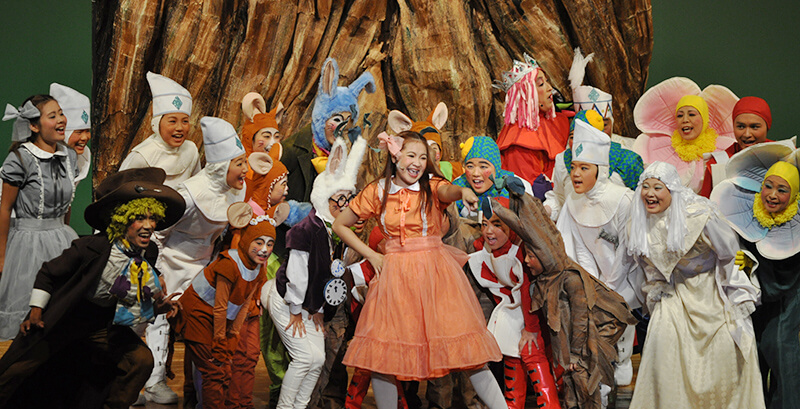
−− Please give a message to those who are interested in community musicals and Pokapoka
Kogure: Expressing yourself and having your own place in a different space like a stage is full of discoveries and growth. I think there are many local theater companies in Kanagawa Prefecture that are close to you and easy to join. You can make friends, discover a different side of yourself, and learn how wonderful it is to express yourself out loud.
If you show that you have really worked hard, people will say things like, "You did a great job, I'm glad for you." That joy is a privilege for those who go on stage.
Sato-san: Poka Poka is like a big family. The mothers scold the other children, the older sisters scold the younger children, and they take care of them, so no one is left alone. It's a place where you can make new friends and family.
The dressing room was filled with children and was just like a big family. On stage, the story was an original arrangement of Alice in Wonderland, and the gorgeous costumes and magnificent props added color to it. The stage was so well-made that it was hard to believe it was all handmade, and the smiles of all the performers were impressive.
→In the second part, we will introduce interviews with the Kohoku Ward Citizens' Musical in Yokohama's Kohoku Ward and Yasaka High School ARTLiVE in Sagamihara City.
